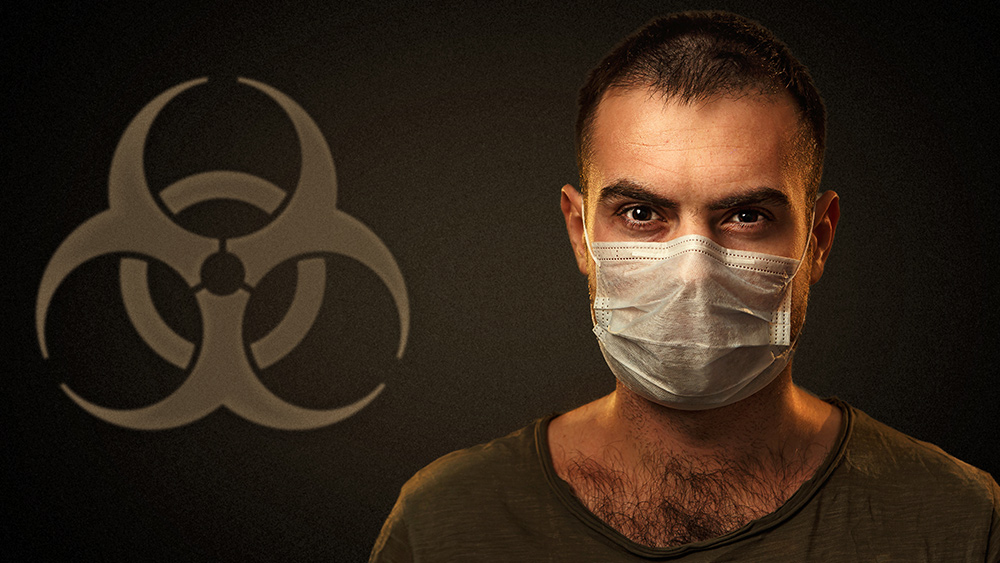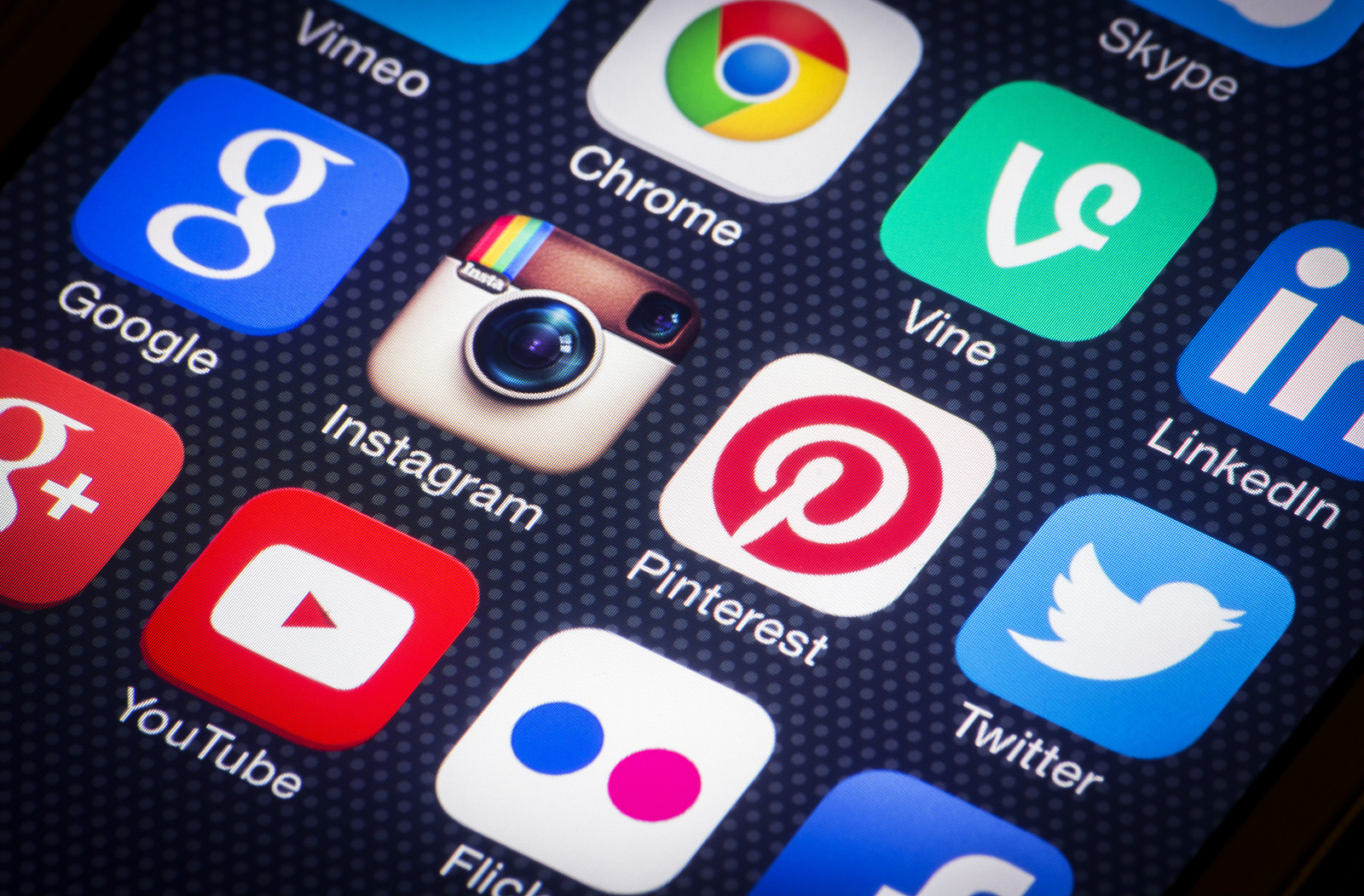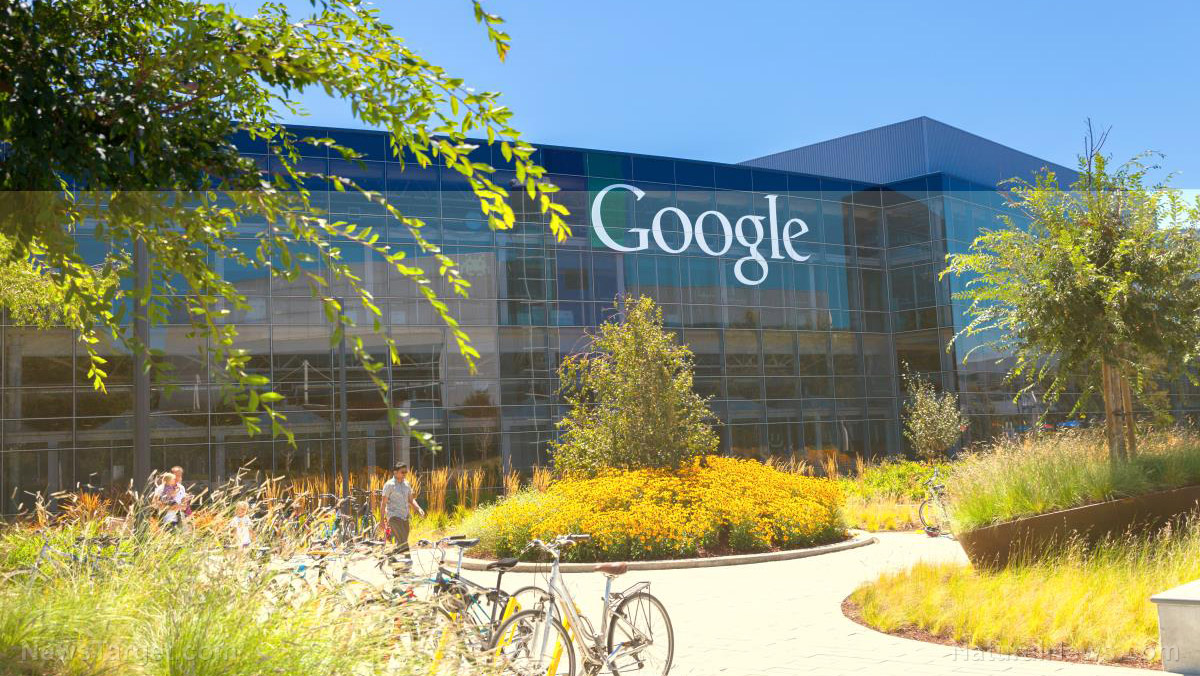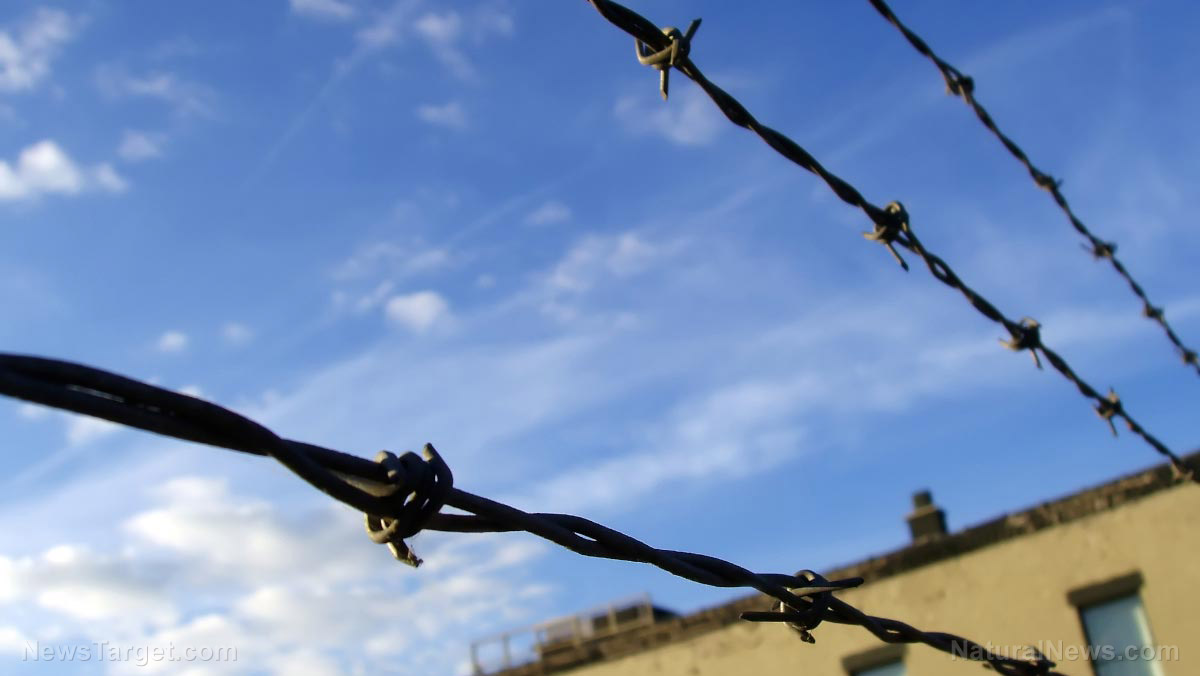AI companies just used the coronavirus to roll out facial recognition software that identifies you even with your mask on
02/29/2020 / By Ralph Flores

Your face mask may protect you from COVID-19, but it can’t protect you from the prying eyes of BigTech. SenseTime – one of the largest AI companies in the world – recently announced that it will adapt its facial recognition technology to identify people without them taking off their masks.
The Chinese tech giant, considered the most valuable AI startup in the world, made the statement last week following an unexpected event: the current COVID-19 outbreak, which forced people to wear the now ubiquitous masks.
In a statement to Quartz, SenseTime said that its facial recognition product will also include thermal imaging cameras to help identify people with elevated temperatures, as well as a method to detect those who do not wear masks in public places.
“The system that applies for office building entrances reads the facial characteristics that are not covered, including eyes, eyebrows and parts of the nasal bridge to identify employees,” the statement read, “…so that the employees can keep their masks on at all times while still gaining access to their offices.”
Recognizing a face, without the need for one
Disguised face identification (DFI), where technology is able to identify a person despite “face camouflages,” is considered a difficult and an important problem, according to researchers from China’s Wuyi University, in a 2014 report in Biometric Recognition.
Since then, DFI has improved by leaps and bounds, thanks to groundbreaking research by Stanford University postdoctoral fellow Amarjot Singh and his team. Presenting at the 2017 International Conference on Computer Vision Workshop, the researchers showed an algorithm that can recognize people, even those wearing eyeglasses, fake beards, scarves and hard hats.
While most facial recognition software relies on key points around the eyes, nose and lips, the system developed by Singh and his team recognized people just by using key points from the eyes and nose.
“Face recognition identifies a person by locating several key points on the face and connecting them together to form a unique person-specific signature,” he added. “Although it would be less accurate, a match still can be established.”
In their original work, their algorithm used 14 facial feature key points to identify an individual – with its accuracy varying on a person’s disguise and the complexity of his background. SenseTime, in comparison, uses 240 key points around the eyes, mouth and nose, and can even make a match using only visible features.
For Yufei Wei of Qingfei Technologies, a Beijing-based facial recognition company, these types of systems don’t need more data; rather, they need more accurate data.
“There will be a more specific algorithm design to recognize and match the special database,” he said.
A limited system for now
It’s not just SenseTime that’s working on developing their facial recognition software. A model developed by the University of Bradford in England improved their identification by 90 percent after researchers fed it with partial facial images, while another Chinese facial recognition company claims their model can recognize people with masks by applying a similar trick.
Despite these advancements, companies say that these systems still have limitations. Expanding the algorithm to include a wider group of people will be difficult – for one, it will more likely encounter similar key points for the eyes, which can adversely impact its accuracy. Currently, these systems are limited to small-scale applications. According to SenseTime, their new system is currently used in offices to help clock in employees.
However, given how facial recognition is slowly taking hold of places like schools, it’s not that hard to imagine a day where the only way to protect yourself from BigTech’s prying eyes is to cover your face completely.
Sources include:
Tagged Under: artificial intelligence, badtech, bigtech, coronavirus, covid-19, cyber war, face masks, Facial recognition, Glitch, imaging software, machine learning, Orwellian, outbreak, pandemic, police state, privacy, surveillance
RECENT NEWS & ARTICLES
COPYRIGHT © 2017 FREEDOM NEWS


















